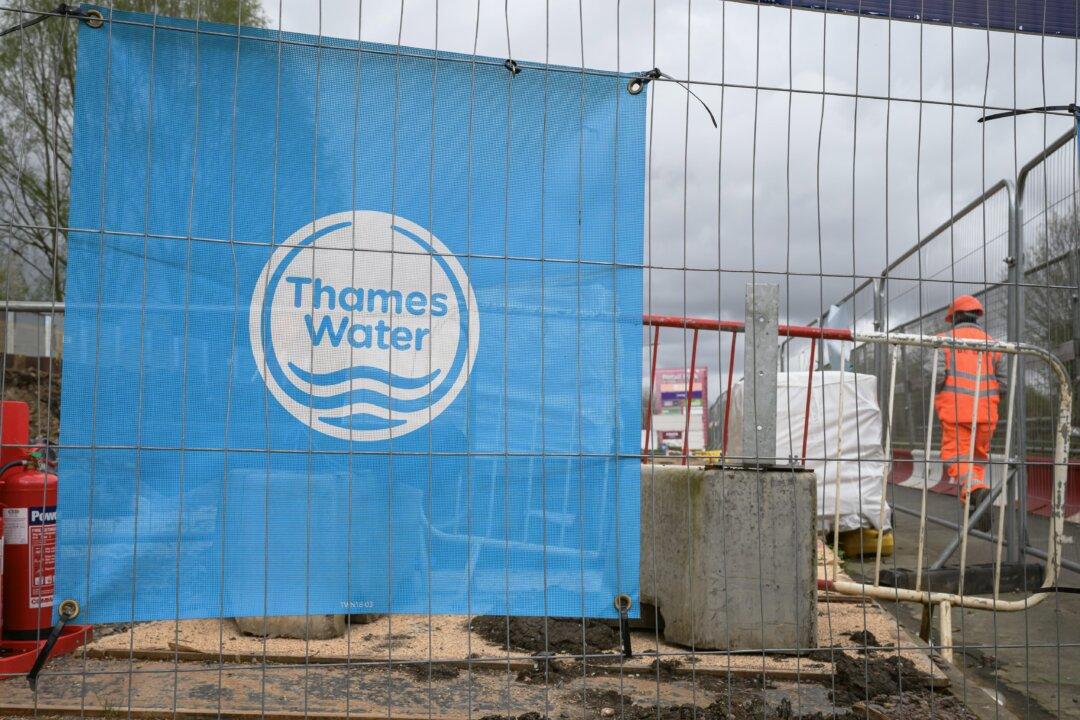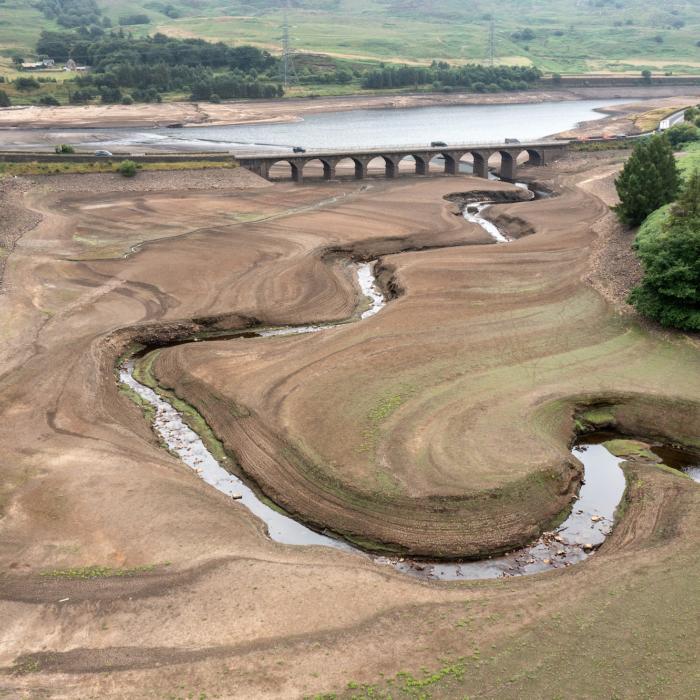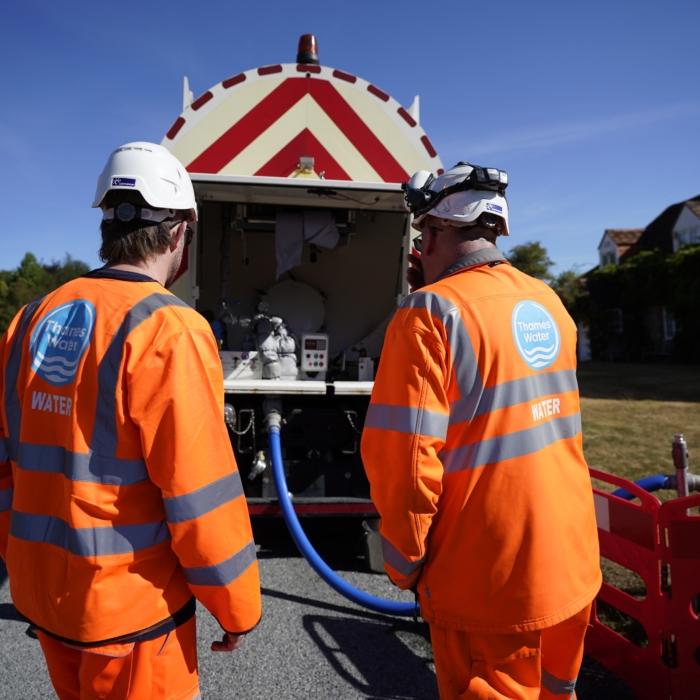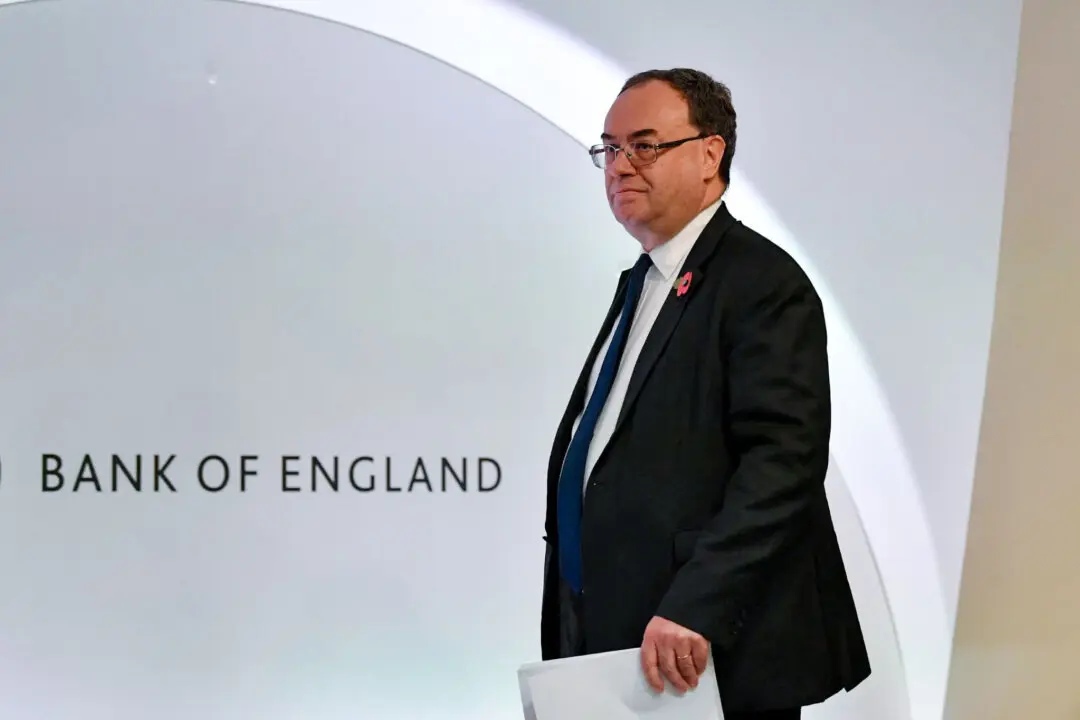Water sector regulator Ofwat will determine in two months whether the financially struggling Thames Water succeeds in securing the required investment to stay afloat.
The clock is ticking for the UK’s largest water utility company to turn around its financial standing before the June 12 deadline, set by Ofwat.
“We will set out our draft determinations in June this year,” said an Ofwat spokesperson.
The troubled water utility firm has defaulted on some of its debts, after its parent company, Kemble Water Holdings Ltd., had pulled £500 million in interest payments, due at the end of April.
Failure to pay interest on the debt has heightened the concerns of Thames Water’s survival.
The CEO of Thames Water, Chris Weston, has reassured customers that despite the failure to secure the £500 million tranche, “it is business as usual” for the company.
“Our 8,000 staff remain committed to working with our partners in the supply chain to provide our services for the benefit of our customers, communities and the environment,” said Mr. Weston.
Meanwhile, Kemble has requested that its lenders take “no creditor action” to “provide a stable platform while all options are explored with all key stakeholders”.
‘Uninvestible’
Thames Water shareholders include those led by the Canadian pension scheme Omers and USS and the UK universities retirement fund.Their decision against extending a £500 million financial lifeline to Thames Water comes after Ofwat rejected the firm’s five-year business plan.
However, the regulatory arrangements expected by Ofwat from Thames Water made the plan “uninvestible.” Ofwat said its price control regulations prioritised customers and the environment.
“Safeguards are in place to ensure that services to customers are protected regardless of issues faced by shareholders of Thames Water,” an Ofwat spokesperson said.
The regulator wants to ensure that the water sector attracts investment and is fair to billpayers.
“We also need to see companies deliver the performance that customers expect and that they are run in a way that meets customers’ expectations.
“Since 2020 nearly £4.6 billion new equity has been injected into the sector. We will set out our draft determinations in June this year,” the spokesperson added.
The Environment, Food and Rural Affairs Committee (EFRA) said that Ofwat finds itself in a challenging position, having rejected the PR24 business plan.
EFRA Chair Sir Robert Goodwill recognised that the financial failure of the UK’s largest water utility could affect the sector stability and the “public purse.”
All Options
Thames Water continues discussions with the regulator and other stakeholders. It will “pursue all options to secure the required equity investment from new or existing shareholders,” the firm said in a statement.The loans taken by Kemble amount to around £190 million, as reported by the PA news agency.
Should the company fail to repay, the lenders behind the loan could take a stake in Thames Water. ING, Bank of China, Industrial and Commercial Bank of China, and Allied Irish Banks are among the lenders, according to reports by the Financial Times and Sky News.
Thames Water’s regulatory capital value is £19 billion, with £2.4 billion of liquidity available and an annual regulated revenue of £2 billion.
Its financial struggle comes amid the 6.1 percent rise in average household water and sewerage bill in England and Wales, kicking in from April 1.







